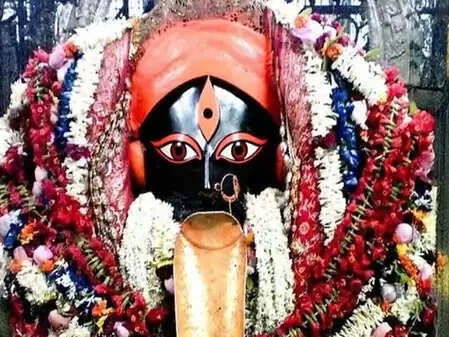In a surprising turn of events, India has decided to boycott its much-anticipated match against Pakistan in the World Cricket League (WCL) 2025, primarily due to the presence of one specific player in the Pakistani squad. This decision has sent shockwaves through the cricketing community, as matches between these two arch-rivals are often filled with intense competition and high stakes. The rivalry between India and Pakistan in cricket is not just a sports event; it is steeped in history and emotion, drawing millions of fans who passionately support their teams. Therefore, a boycott of this magnitude raises significant questions about the underlying issues that led to such a drastic measure.
The player in question has been a controversial figure, with a history of actions that have sparked outrage among Indian fans and officials alike. While the details surrounding the player’s past may vary, it is evident that his inclusion in the Pakistani team has become a focal point of contention. The Indian cricket board, in making this decision, has emphasized that it stands firm on its principles and will not compromise when it comes to issues that resonate deeply with its players and supporters. This stance reflects a broader sentiment in the sporting world, where issues of integrity, respect, and historical grievances often intersect with the love of the game.
The ramifications of this boycott extend beyond just the match itself. Fans from both nations are left disappointed and frustrated, as they were eagerly anticipating what could have been a thrilling encounter. The decision also raises questions about the future of cricketing ties between India and Pakistan, which have already been strained over the years due to political tensions. It highlights the challenges that sports often face when intersecting with national pride and historical conflicts. As the cricketing world watches closely, the focus will now shift to how this situation will evolve and whether diplomatic efforts can pave the way for a resolution that allows these two cricketing giants to face off once again on the field.
In the wake of this decision, cricket analysts and fans alike are debating the implications for both teams and the sport itself. Will other nations follow suit in boycotting matches based on similar controversies? How will this impact the players who are not involved in the disputes but are affected by the decision? The hope remains that cricket can serve as a bridge between nations, fostering understanding and camaraderie, rather than becoming a battleground for unresolved issues. As discussions continue, the cricketing community is left to ponder the delicate balance between sportsmanship and national sentiment, and how best to navigate these turbulent waters moving forward.




